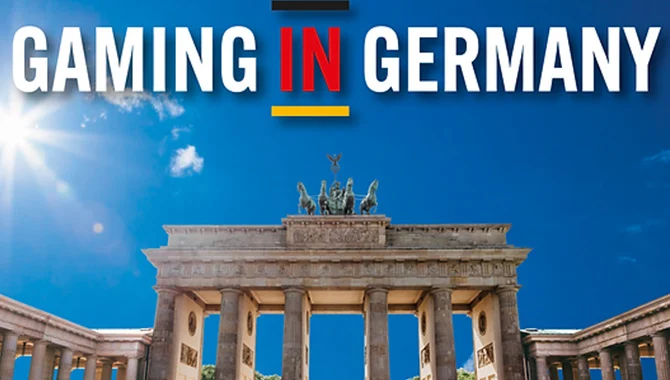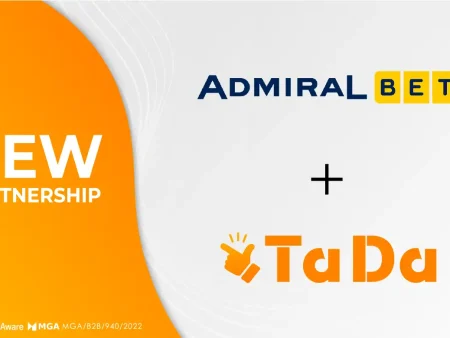iGaming market in Germany has experienced drastic growth driven by increased inconvenience, diverse game options, and consistent technological advancements. This, together with the tech-savvy population in Germany, secure payment solutions, and a large, affluent consumer base, creates a profitable environment for the industry. Nonetheless, navigating regulatory complexities and ensuring sustainability will be critical for long-term success.

The ability to steer players away from the black market is one of the most critical factors in evaluating the iGaming regulation success. The GGL or Germany’s regulatory authority estimates the black market share at 2-4%. On the other hand, industry associations put the figure closer to 50%.
The highlights of discrepancy is a crucial issue. The analysis of GGL focuses on internet traffic. Meanwhile, industry studies often track player behavior directly. It is important to understand why players choose unlicensed options and address any shortcomings in the regulated market.
The iGaming Germany 2024 offers a unique opportunity to delve deeper into this debate and gain vital insights. This is taking place from June 5-6 in Munich. It offers a unique platform for policymakers, operators, and decision-makers to address challenges head-on. It prioritizes player-centric solutions to market growth. The panel discussion “Learning from Others: International Best Practices for Combatting the Black Market” features experts like Prof. Dr. Dean Rakic (Blockcontrol) and Dainis Niedra (Entain). They will give global perspective on successful strategies to reduce the appeal of unlicensed operators.
Operators must provide a security deposit of at least €5 million under the current Interstate Treaty on Gambling. Meanwhile designed to protect player funds and state claims, this requirement creates a barrier to entry for smaller operators, potentially limiting innovation. iGaming Germany 2024 addresses this challenge directly with the following panel discussions. It gives expert guidance on navigating regulations and ensuring operational excellence.


